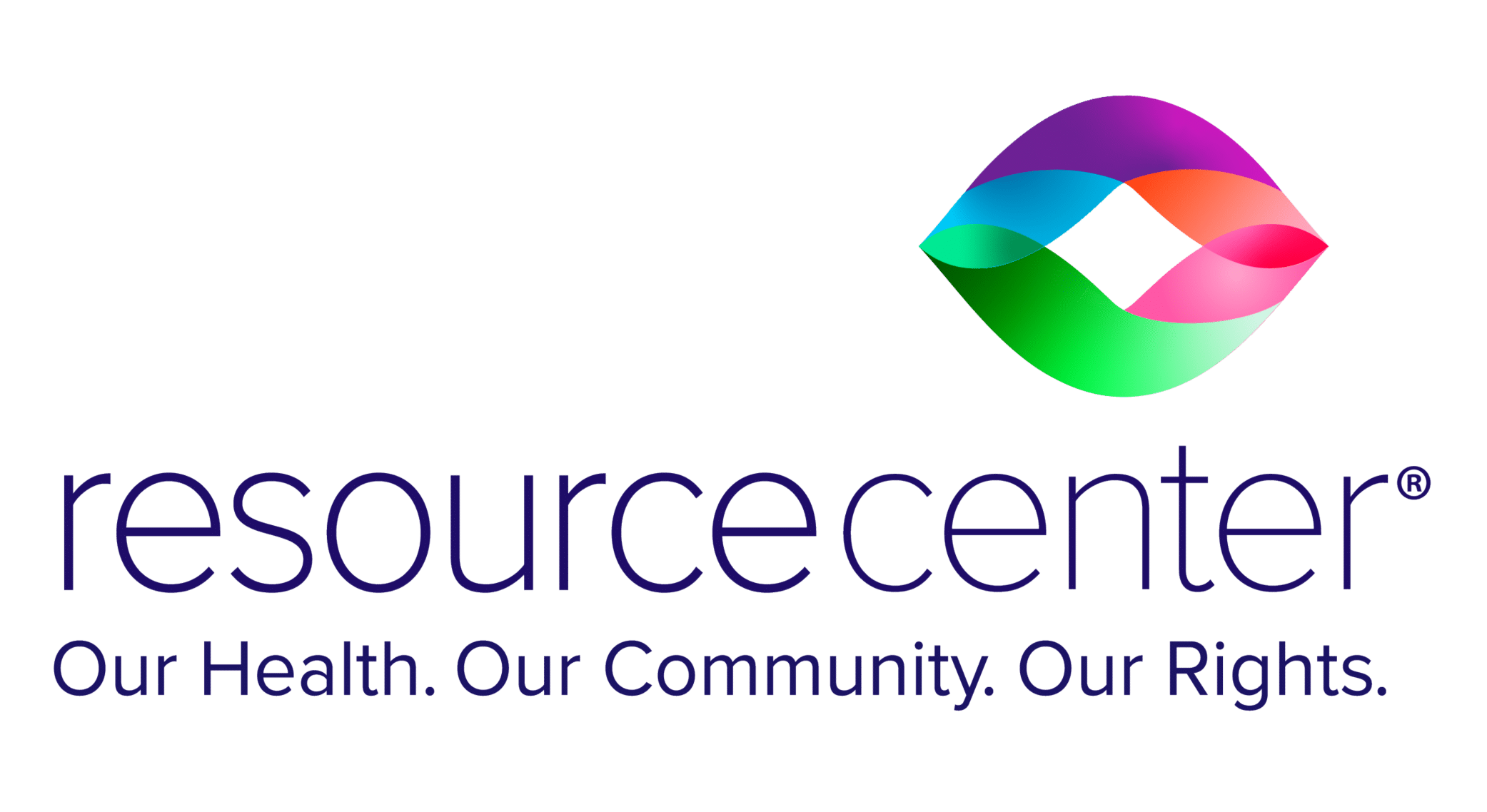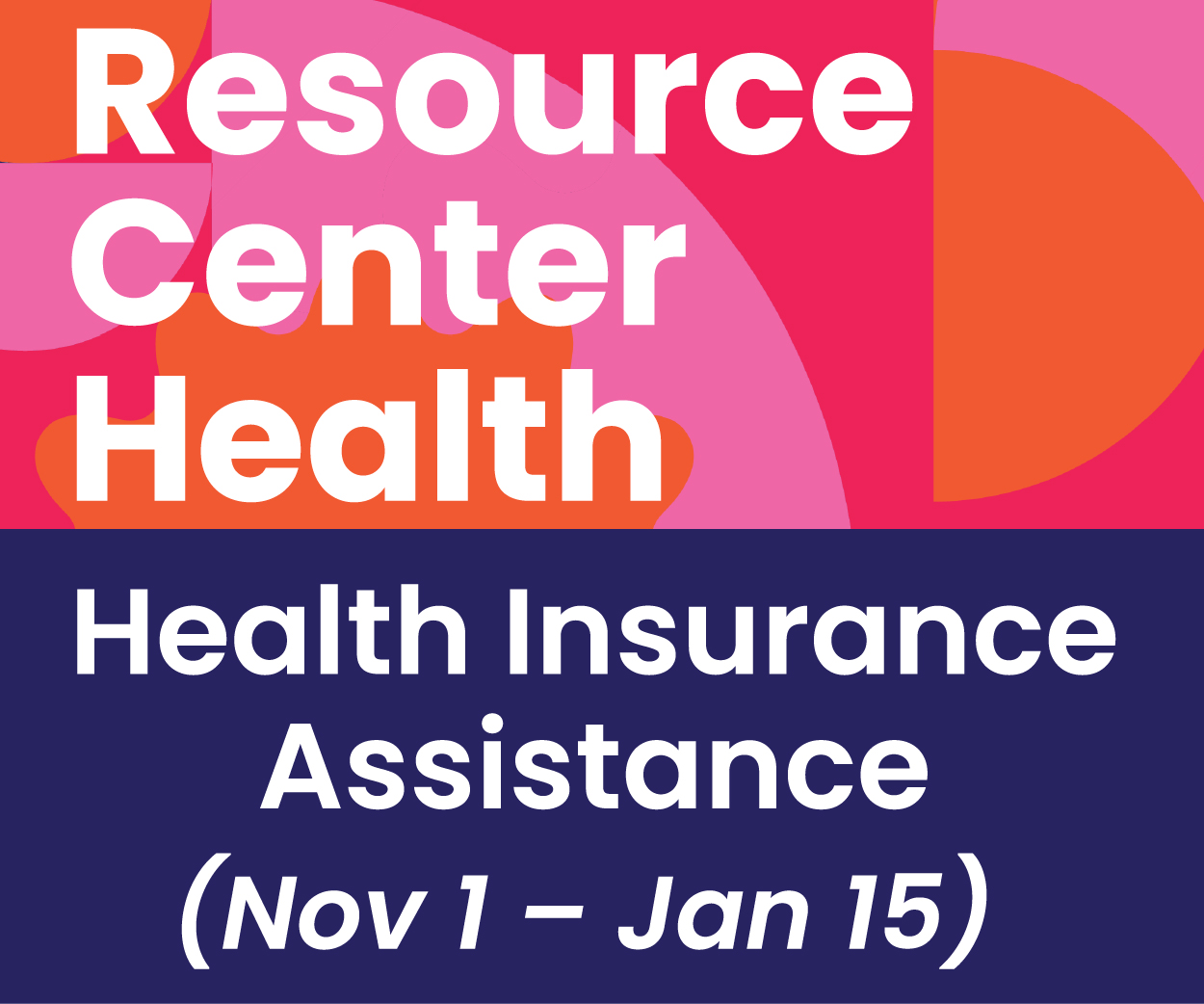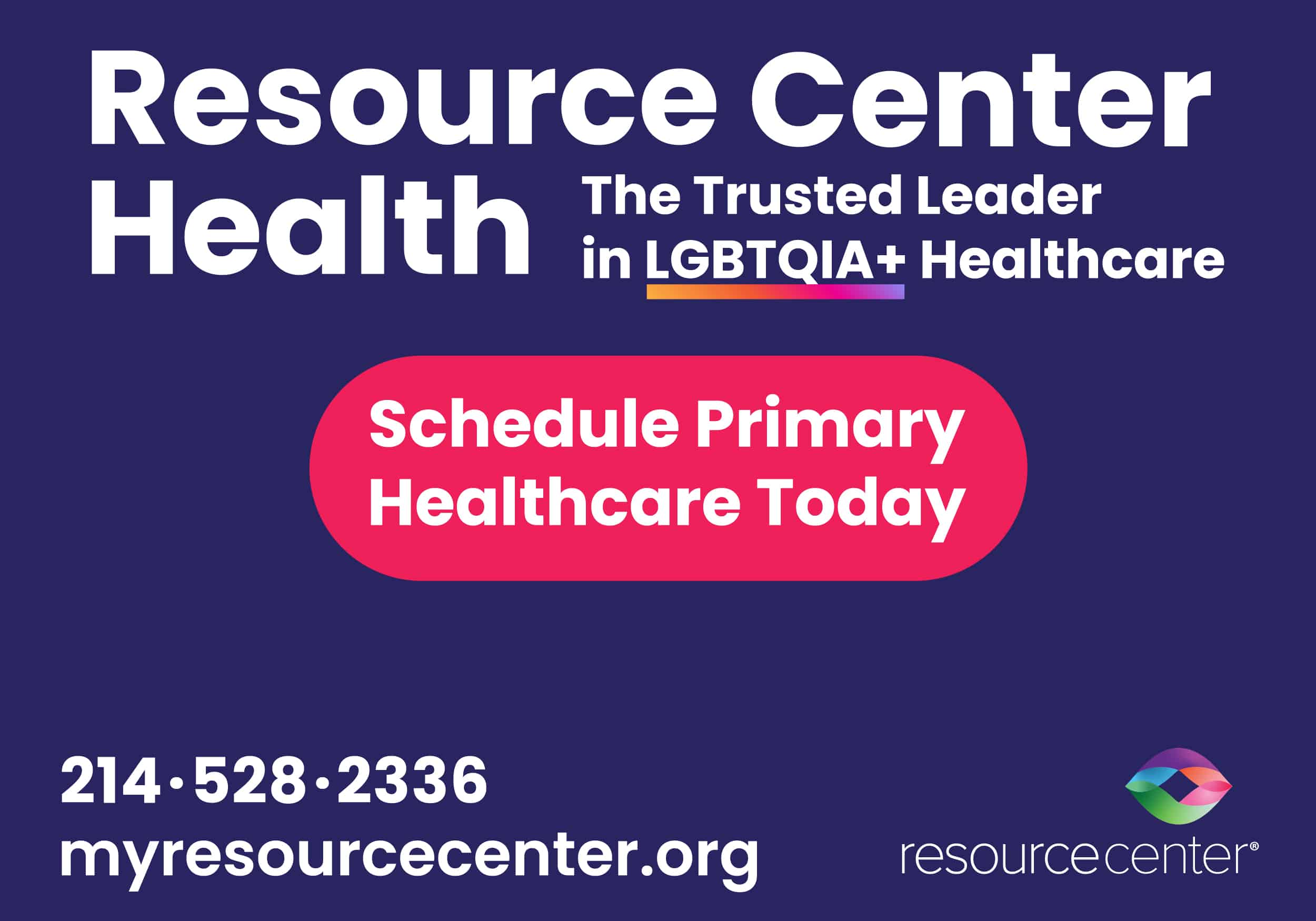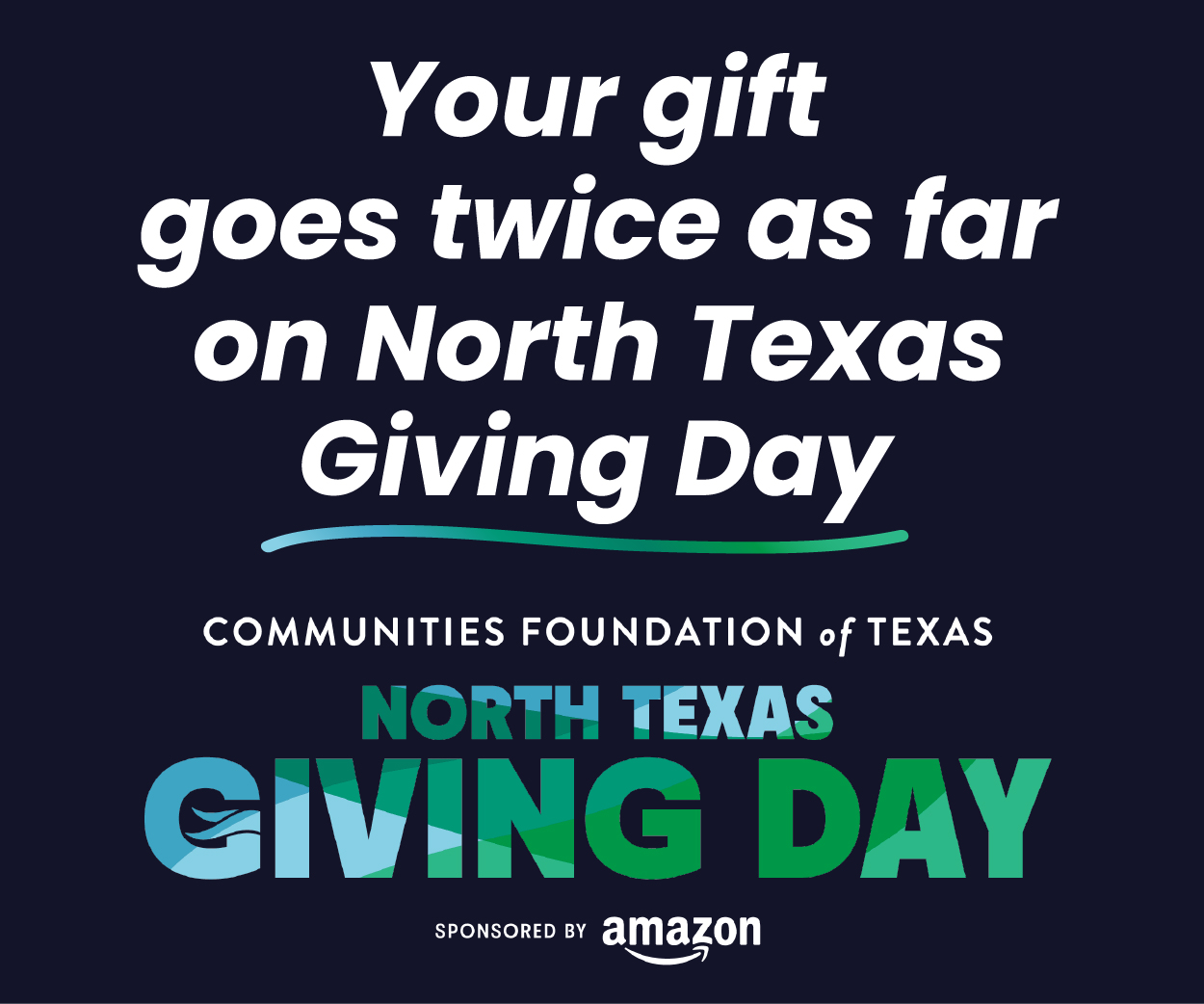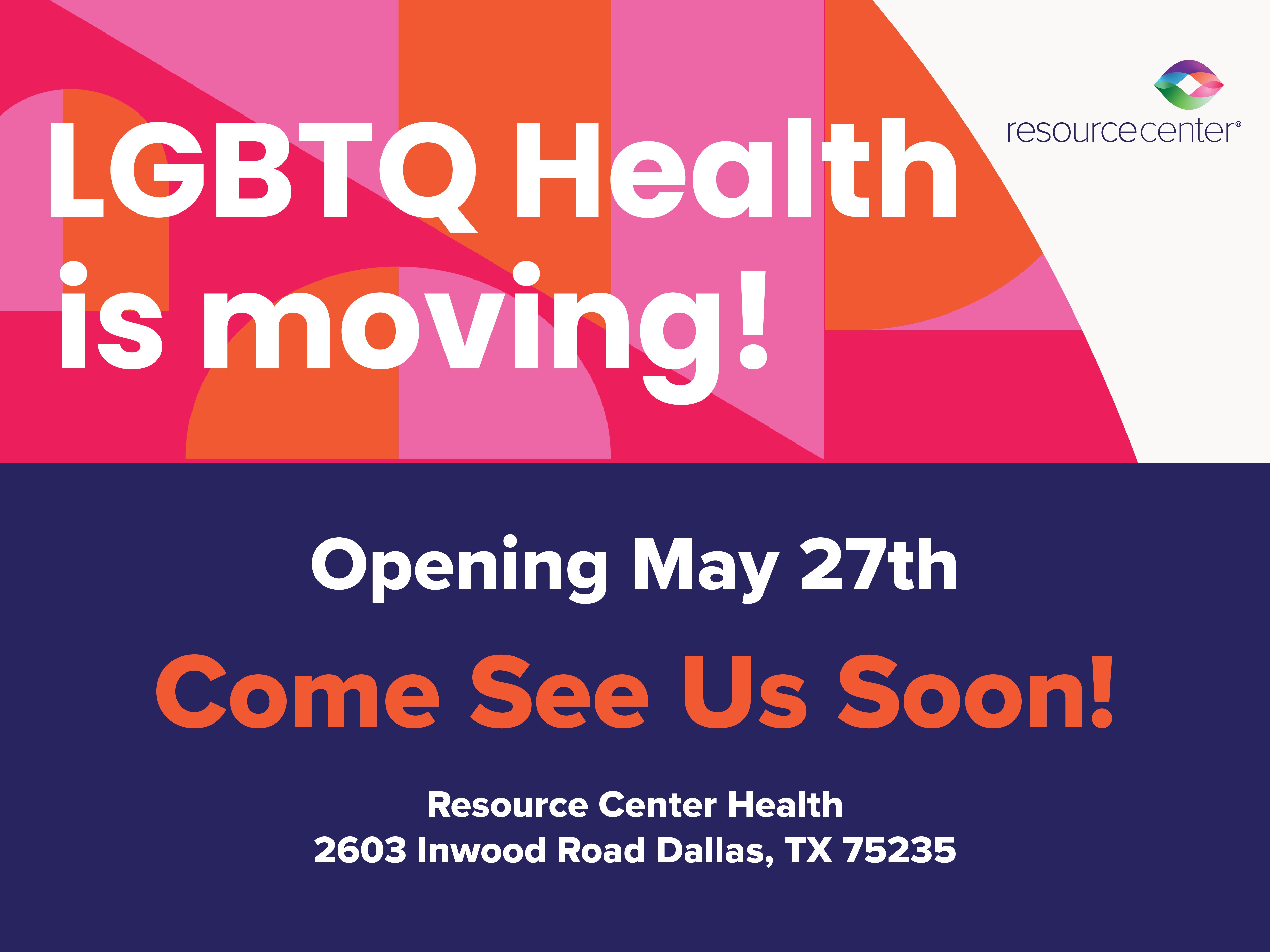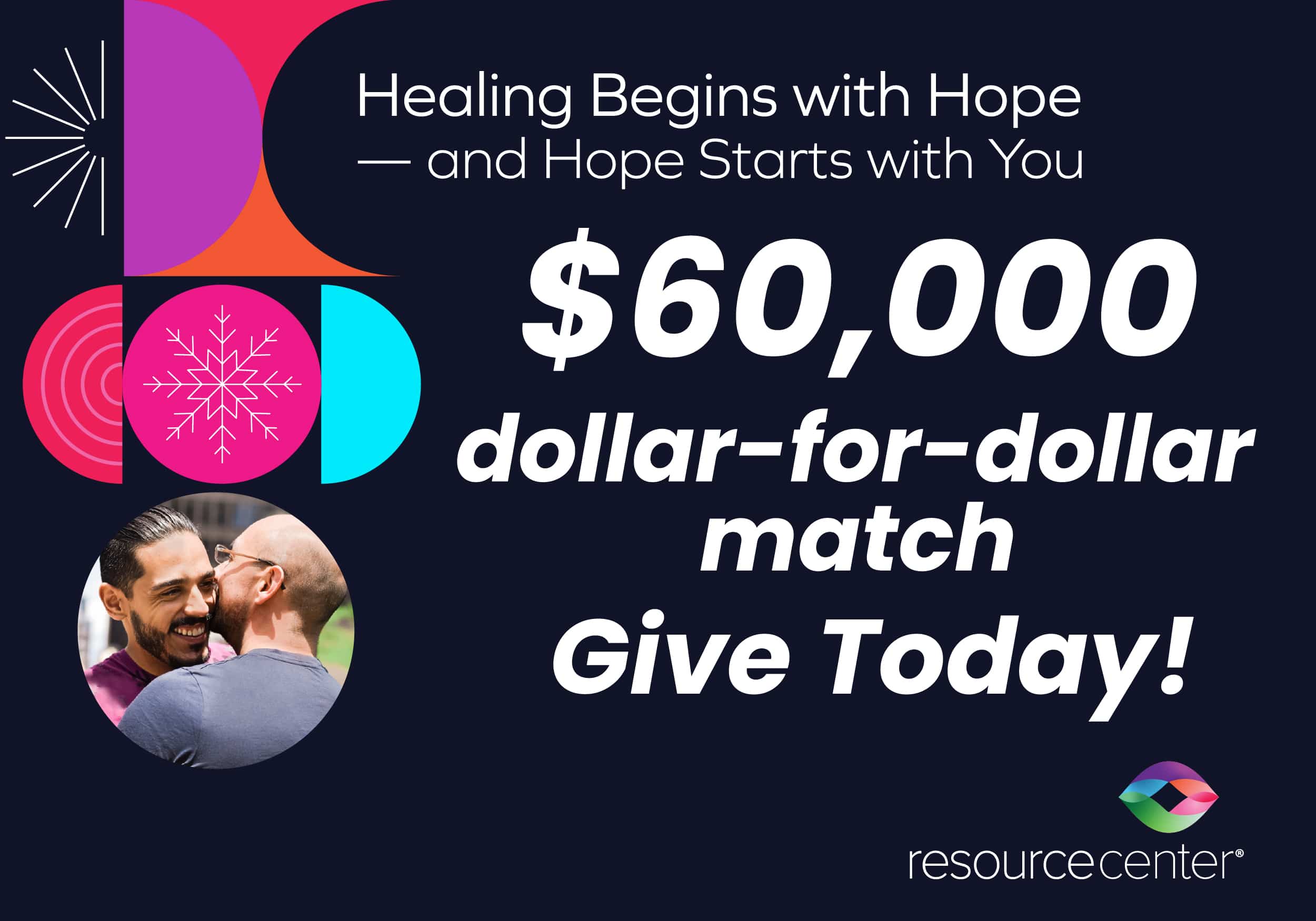If you are in crisis—emotional, mental or suicidal distress—you can get help by texting 988. Officially known as “The 988 Suicide & Crisis Lifeline,” this national network of local crisis centers offers free and confidential emotional support 24 hours a day, 7 days a week in the United States.
Note: If you believe that someone else is in danger of suicide and you have their contact information, contact your local law enforcement for immediate help.
What is the 988 Suicide & Crisis Lifeline?
“The 988 Suicide & Crisis Lifeline is a national network of local crisis centers that provides free and confidential emotional support to people in suicidal crisis or emotional distress 24 hours a day, 7 days a week in the United States. We’re committed to improving crisis services and advancing suicide prevention by empowering individuals, advancing professional best practices, and building awareness.”
Why is 988 important?
Suicide prevention is at the heart of the 988 Lifeline’s crisis services. In 2022, more than 46,000 of the 1.2 million suicide attempts were successful. Another 2 million people who deal with mental health crises get booked into jail every year. A mental health crisis is not a crime, of course, but until now police have often been the only available resource in most communities.
Far too often, a police response to a mental health crisis results in a quick escalation. Especially in communities of color, where people with severe symptoms have been victim to incarceration and other traumas instead of mental health treatment. The 988 Lifeline is a dedicated resource designed to minimize unnecessary law enforcement involvement in mental health crises because:
• Currently, 20% of law enforcement calls deal with some type of mental health issue.
• Approximately one in five fatal police shootings between 2015 and 2022 involved a person with a mental illness.
988 is currently available to about 95% of cellphone customers.
Here’s the official fact sheet from the Federal Communications Commission
Frequently Asked Questions
Here are some of the questions that LGBTQIA+ people ask most frequently. For all of the FAQs—and more—visit https://988lifeline.org/faq/.
Does 988 replace 1-800-273-TALK (8255) and 1-800-SUICIDE?
Yes. But both of the older numbers will work indefinitely—they will be routed through The 988 Suicide & Crisis Lifeline.
Are 988 Lifeline Chats secure? And confidential?
Yes. Lifeline’s chat software uses the same encryption and data protection standards required by major financial institutions. And your confidentiality is ensured, thanks to built-in safeguards.
The Lifeline greeting says that calls may be recorded. What does this mean?
Your calls are confidential. However, our 200+ independent crisis centers may use recordings for quality assurance and training purposes; in this case, strict controls are in place to ensure your privacy.
Does the Lifeline trace callers, texters, or chatters?
No. The Lifeline does not currently have the capability to “trace” callers, chat or text users in the same way that 911 providers do.
Does the 988 Lifeline have TTY services for the hearing impaired?
Yes. For TTY Users: Use your preferred relay service or dial 711 then 988.
Is the 988 Lifeline available in Spanish?
Sí. Siempre puede usted volver a llamar al número 1-888-628-9454 si lo necesita o lo desea.
Is the 988 Lifeline available in other languages?
Yes. Tele-Interpreters support our crisis centers in over 150 languages.
Trust Behavior Health Services at Resource Center
If you—or someone you know—needs ongoing mental health services, you can trust Resource Center. We offer LGBTQIA+ affirming care, in both individual and group settings. Learn more about how we can help.
Resource Center Behavioral Health is one of the leading providers in LGBTQIA+ and allied community mental health care in Texas. We offer compassionate, cost-effective, and high-quality outpatient mental health and substance abuse services to youth and adults, including telehealth and in-person counseling, individual and relational counseling, Intensive Outpatient Programs (IOP’s), and free support groups. We accept most major insurances and offer a competitive self-pay rate for counseling services.
